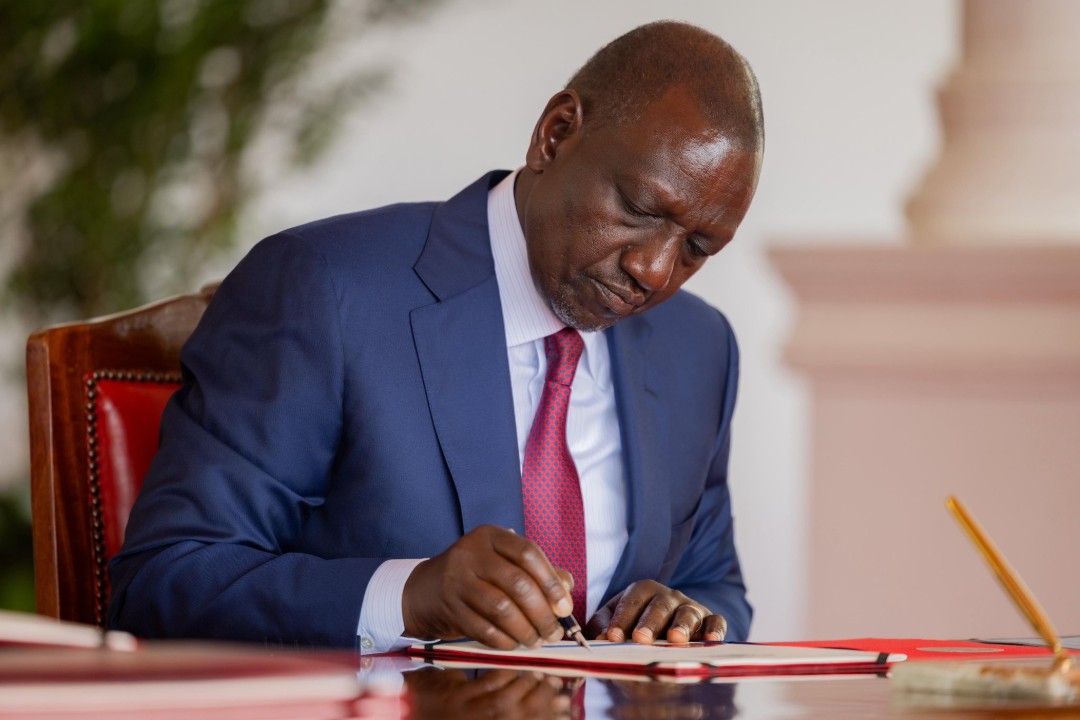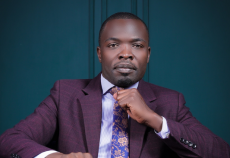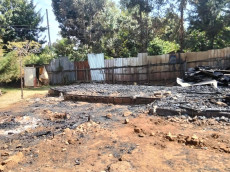- On October 15, 2025, President William Ruto assented to eight significant Bills
- This legislative milestone, however, coincided with a somber moment in Kenya’s history, the passing of former Prime Minister Raila Odinga. The timing sparked mixed reactions across the nation, with some finding the move questionable given the mood of national mourning.
On October 15, 2025, President William Ruto assented to eight significant Bills, among them the National Land Commission (Amendment) Bill, the Wildlife Conservation and Management (Amendment) Bill, the Computer Misuse and Cybercrimes (Amendment) Bill of 2024, and the Privatization Bill.
This legislative milestone, however, coincided with a somber moment in Kenya’s history, the passing of former Prime Minister Raila Odinga. The timing sparked mixed reactions across the nation, with some finding the move questionable given the mood of national mourning.
In a discussion on the TalkChat Podcast, political analyst Dr. Michael Ndonye addressed the growing public speculation surrounding the president’s decision. He urged Kenyans to approach the matter with reason and context rather than emotion.
According to Dr. Ndonye, the signing of Bills is a scheduled constitutional process and not a spontaneous act by the Head of State. He emphasized that it was likely a coincidence that the assent took place on the same day as Raila Odinga’s passing, noting that the legislative process follows a clear sequence that begins long before a Bill reaches the president’s desk.
Dr. Ndonye further explained that Kenyans should focus more on the substance of the Bills rather than their timing. “We should raise issues from the subject matter of the Bill,” he said, pointing out that constructive criticism should be directed at the content of the legislation and not the circumstances under which it was signed.
Read More
He highlighted that before any Bill reaches the president for assent, it must first pass through the National Assembly and the Senate. Therefore, if there are concerns about the nature or implications of any law, scrutiny should begin with the lawmakers who debated and approved it before forwarding it to the president.
As the discussion concluded, Dr. Ndonye underscored the important part that the media plays in influencing and also shaping public perception. He reminded journalists and media outlets of their responsibility to inform and educate the public objectively rather than amplify controversy.
“The media should not be carried away by such side shows,” he noted, emphasizing that understanding the legislative content is more valuable than fueling political speculation.
The TalkChat Podcast episode offered a timely reminder of the need for informed civic engagement, urging Kenyans to read, understand, and critique policy decisions based on facts rather than emotion, especially during moments when the nation’s attention is divided between politics and collective grief.
Stay connected with us on WhatsApp for instant updates.




-1769608133-md.jpg)




-1769608133-sm.jpg)

